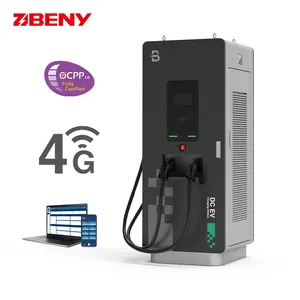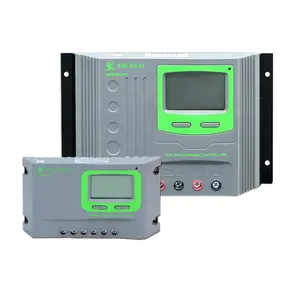Understanding Charge Controllers
A charge controller is an essential component in nearly all power systems that charge batteries, whether the power source is PV, wind, hydro, fuel, or utility grid. Its purpose is to regulate and oversee the charge process, ensuring that the batteries are charged efficiently and prevent overcharging, which can significantly reduce battery lifespan and performance.
Types of Charge Controllers
There are primarily two types of charge controllers: MPPT (Maximum Power Point Tracking) and PWM (Pulse Width Modulation). MPPT controllers are more efficient, particularly in colder climates or when the solar panel voltage is significantly higher than the battery voltage. PWM controllers, on the other hand, are typically more cost-effective and are ideal for smaller systems where efficiency is not as critical.
Applications of Charge Controllers
Charge controllers are used in various applications, including but not limited to solar home systems, street lighting systems, and remote telecommunications equipment. The versatility of a charge controller allows it to manage power in a wide range of solar applications, ensuring that all types of batteries are charged in the most efficient way possible.
Features and Materials
Modern charge controllers come with a variety of features such as digital displays, built-in computer interfaces for monitoring and control, and a range of materials that ensure durability and longevity. Materials used in the construction of charge controllers are chosen for their conductive properties and resistance to corrosion, which is vital for the longevity of the controller and the entire power system.
Advantages of Using a Charge Controller
The use of a charge controller in a power system presents numerous advantages. It extends battery life by preventing overcharging, provides load control to prevent over-discharge, and ensures the batteries are charged in the most efficient manner. This results in a more reliable power system and reduced maintenance costs over time.
Selecting the Right Charge Controller
When selecting a charge controller, it is important to consider the system voltage, the type of battery used, and the solar panel output. It is also crucial to match the controller to the power source, ensuring compatibility and efficiency. A well-chosen charge controller can significantly enhance the performance and longevity of your power system.



































 浙公网安备 33010002000092号
浙公网安备 33010002000092号 浙B2-20120091-4
浙B2-20120091-4